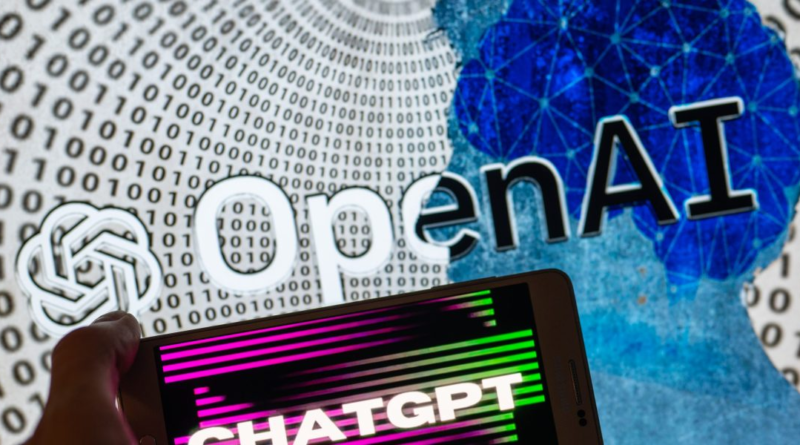ChatGPT will glean personal details from chats in planned rollout of new memory feature
The next time you tell ChatGPT that you’re allergic to avocados or prefer all meeting notes to be formatted in bullet points, the chatbot might be able to remember those details indefinitely.
OpenAI is testing an option for users to ask the popular chatbot to retain specific information from one exchange to the next, the artificial intelligence startup said in a blog post Tuesday. ChatGPT will also be able to automatically determine which tidbits from a user’s conversations should be remembered.
OpenAI will initially make the features available to hundreds of thousands of free and paid ChatGPT users, with plans to review feedback before rolling it out more widely, the company told Bloomberg News.
The new memory feature marks OpenAI’s latest attempt to make its most well-known product more useful — and personalized — for its 100 million weekly users as the startup faces a growing list of rivals offering comparable chatbots. While building up a more detailed history for each user could create new privacy concerns, it’s also an effective way for internet companies to tailor each person’s experience and lock in customers. OpenAI previously gave people the ability to provide custom instructions to ChatGPT to avoid making users repeat their preferences in each chat, but the new feature goes beyond that.
Joanne Jang, OpenAI’s product lead who focuses on how its AI models respond to people, demonstrated the feature’s potential by providing ChatGPT with three different facts, one in each of three different chats. Jang wrote that she has a toddler named Lina who will soon turn five, that Lina loves jellyfish, and that Lina likes the color pink. In a fourth chat, Jang simply asked ChatGPT to make a birthday card for her daughter. The chatbot used OpenAI’s DALL-E 3 image-generator to make a pink card with pink jellyfish on it that read: “Happy 5th Birthday Lina.”
OpenAI will notify people if they gain access to the feature, the company said. Those with the feature will be able to delete individual details that have been saved, wipe all of it at once, or choose to switch off the option entirely. Users can also ask ChatGPT what it remembers to get a rundown of any information it has retained over time.
ChatGPT already steers users away from offering it sensitive personal information, such as passwords or passport numbers, and the new feature is designed to refuse to save such data, Jang said. Information that is saved in the user’s ChatGPT memory will be treated as normal conversational data, which means it can be used to train the company’s AI models, unless users have opted to withhold their chats from training.
Liam Fedus, a research scientist who works on ChatGPT and GPT-4, one of the AI models that powers the chatbot, said the memory feature will be able to store a couple thousand tokens of written information. OpenAI’s software breaks words down into segments consisting of several letters, known as tokens, in order to process text. To put that in context: 2,048 tokens is roughly equivalent to 1,500 words, which is about three times the length of this article.




